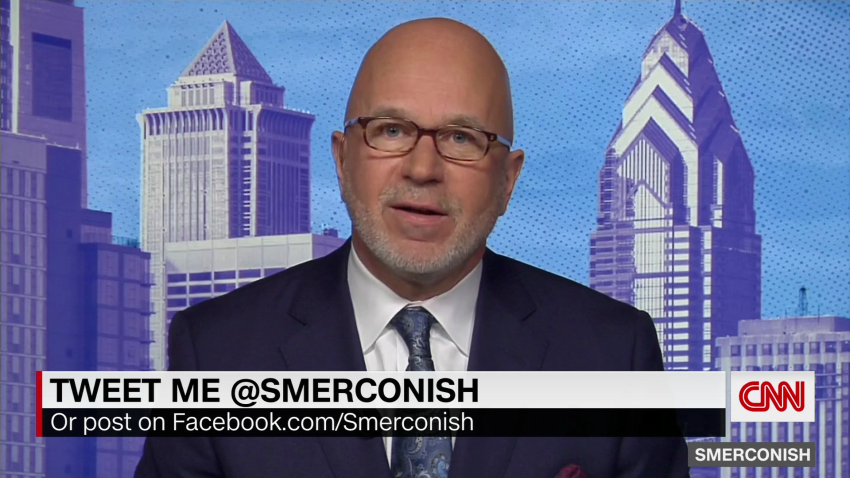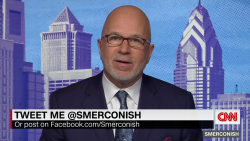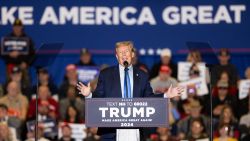The Supreme Court announced Monday it will reconsider race-based affirmative action in college admissions, a move that could eliminate campus practices that have widely benefitted Black and Hispanic students.
The justices said they will hear challenges to policies at Harvard and the University of North Carolina that use students’ race among many criteria to decide who should gain a coveted place in an entering class.
The cases would be heard in the session that begins next October, with a decision likely by June 2023.
High court conservatives have increasingly cast aside decades-old decisions, and their acceptance of the appeals immediately throws in doubt precedents from 1978 and 2003 that let colleges consider students’ race to enhance campus diversity and the educational experience. Lower federal courts had sided with Harvard and the University of North Carolina.
Race-based affirmative action over the past 40 years has helped boost the admissions chances for many traditionally disadvantaged racial minorities. In the case against Harvard, the challengers say those same practices have hurt Asian-American applicants.
The advocates who first developed the Harvard and UNC lawsuits in 2014 aspired to an eventual battle at the Supreme Court, where affirmative action has been upheld only through fragile one-vote margins. In the nearly eight years since then, the bench has gained more justices on the right wing, notably the three appointees of former President Donald Trump.
Chief Justice John Roberts, for his part, has long opposed racial policies, including in education.
“It is a sordid business, this divvying us up by race,” he wrote in a 2006 voting-rights dispute. The following year, when the majority invalidated two public school integration plans, he wrote, “The way to stop discrimination on the basis of race is to stop discriminating on the basis of race.”
The Students for Fair Admissions challengers, who lace their arguments with such statements from Roberts and other conservatives, argue that screening students based on race, even to fulfill educational goals, constitutes unlawful discrimination.
The lower US courts that ruled for Harvard and the University of North Carolina in the dual-track cases, however, said the programs used race in a sufficiently limited way to fulfill compelling interests in diversity. The university lawyers, as well as the Department of Justice, had urged the high court to reject the appeals.
Case was designed to reach SCOTUS
The case against Harvard was brought under Title VI of the 1964 Civil Rights Act, which prohibits schools receiving federal funds from discriminating based on race. The UNC lawsuit similarly claims Title VI grounds, as well as a violation of the 14th Amendment’s guarantee of equal protection of the law, which covers state institutions.
The challenges were developed by conservative activist Edward Blum, who has long protested racial policies and who engineered the lawsuit that led to the justices’ 2013 case of Shelby County v. Holder. That 5-4 decision eliminated a key part of the 1965 Voting Rights Act that required states with a history of discrimination to obtain Department of Justice approval before adding voter-identification criteria or making other electoral changes.
The Students for Fair Admissions petition to the high court in the Harvard case alleged that the school “engages in racial balancing and ignores race-neutral alternatives” to attain campus diversity. The group contends the Ivy League campus holds Asian-American applicants to higher standards than African-American and Latino students and engages in stereotypes, such as that Asian-Americans are “book smart and one-dimensional.”
“Harvard’s mistreatment of Asian-American applicants is appalling,” the challengers told the high court in a written filing.
A trial judge in Boston and the 1st US Circuit Court of Appeals panel rejected those assertions and ruled for Harvard, based on Supreme Court precedent allowing colleges to use race as a “plus” factor among many criteria.
Harvard argued it considers race in a “flexible” way that benefits all highly qualified candidates. Its lawyers told the trial court that the college could fill its freshman class entirely with applicants who had perfect test scores and grades, but that it wanted a different mix on campus, a broader range of talent and life experiences.
Harvard has long been a model for racial affirmative action. In the groundbreaking 1978 case of Regents of the University of California v. Bakke, the justices favorably cited Harvard’s approach to achieve campus diversity. (The Supreme Court reaffirmed Bakke in the 2003 decision in a University of Michigan law school case, Grutter v. Bollinger.)
The University of North Carolina practices were upheld by a trial court judge last October, and Students for Fair Admissions asked the justices to hear its appeal without waiting for resolution by the 4th US Circuit Court of Appeals. Under the usual progression of a case, the appellate court would be the next step.
The SFFA legal team – the Consovoy McCarthy law firm – is led by lawyers who were law clerks to Justice Clarence Thomas and other conservatives.
Thomas, who has been joined by new like-minded colleagues in recent years, dissented the last time the justices upheld racial affirmative action, in the 2016 University of Texas at Austin dispute.
“The Constitution abhors classifications based on race because every time the government places citizens on racial registers and makes race relevant to the provision of burdens or benefits, it demeans us all,” he wrote. “That constitutional imperative does not change in the face of a ‘faddish theory’ that racial discrimination may produce ‘educational benefits.’ The Court was wrong to hold otherwise in Grutter v. Bollinger.”
This story has been updated with additional details.






















